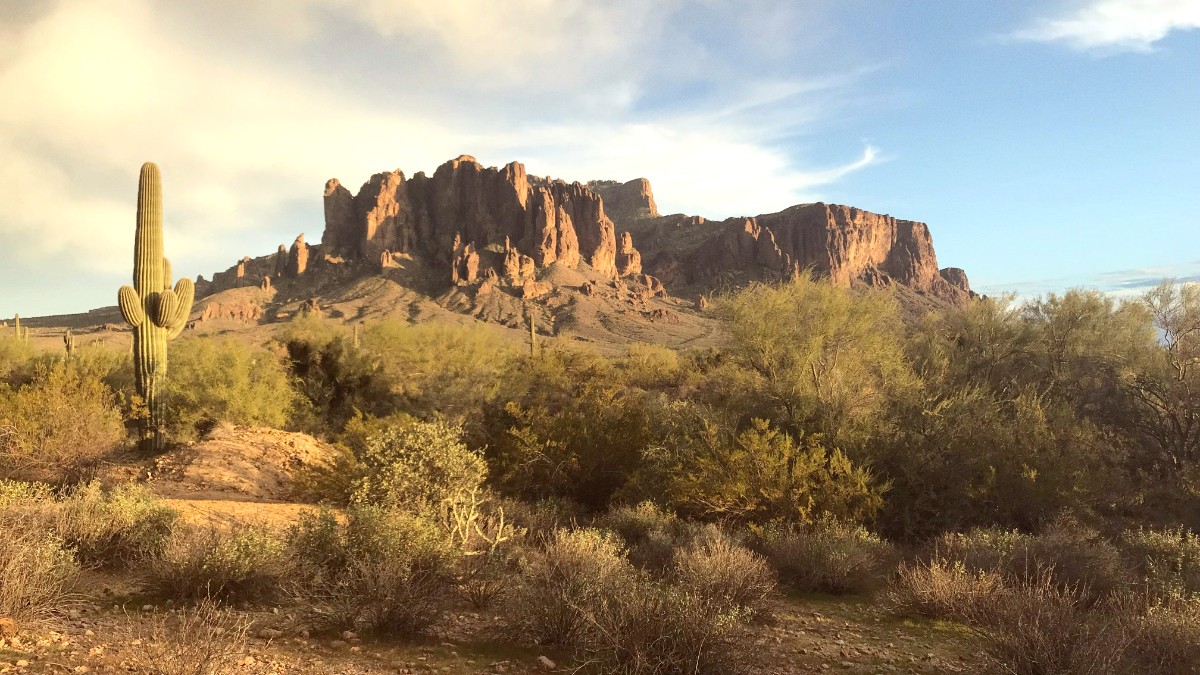
Arizona, USA
AT&T, Verizon, and T-Mobile are the largest mobile providers in the U.S. They supply both prepaid and postpaid plans.
Accessing the internet is generally simple across the city.
Mail and package services are readily available.
English is the main language. Spanish also sees wide usage.
For emergencies, dial 911. Police, Fire, and Ambulance services will respond. Ensure your phone is charged, especially when exploring remote areas.
Phoenix business operations follow typical U.S. Schedules.
Generally open from 10 AM - 9 PM on Monday through Saturday. Sunday hours usually run shorter, from 11 AM - 6 PM. Mall hours may vary slightly.
Breakfast/Coffee Shops: Typically open from 6 AM - 11 AM. Lunch: Usually served from 11 AM - 2 PM. Dinner: Generally from 5 PM - 10 PM. Fast Food: Often open until late night or 24/7.
Banks: Typically open from 9 AM - 5 PM, Mon-Fri. Some branches may have limited hours Sat mornings. ATMs: Widely available at banks, supermarkets, convenience stores, and many businesses.
Certain holidays may bring closures or reduced hours for some services.
Some businesses adjust schedules based on the time of year.
Always check the specific operating hours for attractions and businesses directly before your visit, especially during holidays or off-peak seasons.
Navigating social interactions in Phoenix aligns with general U.S. Customs.
A handshake is common for introductions in formal or business settings.
Dress codes in Phoenix generally lean casual.
Tipping is standard and expected for good service.
General photography is fine, but some limits exist.
Phoenix generally welcomes all. Common courtesies and respectful awareness for diverse cultures make your visit a smooth one.
Phoenix strives for accessibility for all travelers.
Phoenix generally holds ADA (Americans with Disabilities Act) standards.
Major sites and public transit systems maintain accessibility.
Services for those with visual or hearing needs are present.
Look to these sources for detailed accessibility information.
Keep local emergency numbers programmed into your phone. Also, have a physical list in your wallet for added safety.